Ylang Ylang Organic Essential Oil is an exquisite floral oil cherished for its rich, sweet, and slightly fruity aroma. Historically, Ylang Ylang flowers have been a symbol of love and romance in Southeast Asia, often scattered on bridal beds or used in perfumes. The oil is steam-distilled from the fresh, fragrant flowers of the Cananga odorata tree, native to tropical Asia, particularly Indonesia and the Philippines. Known for its luxurious scent and powerful therapeutic properties, Ylang Ylang oil is a favorite in both aromatherapy and skincare.
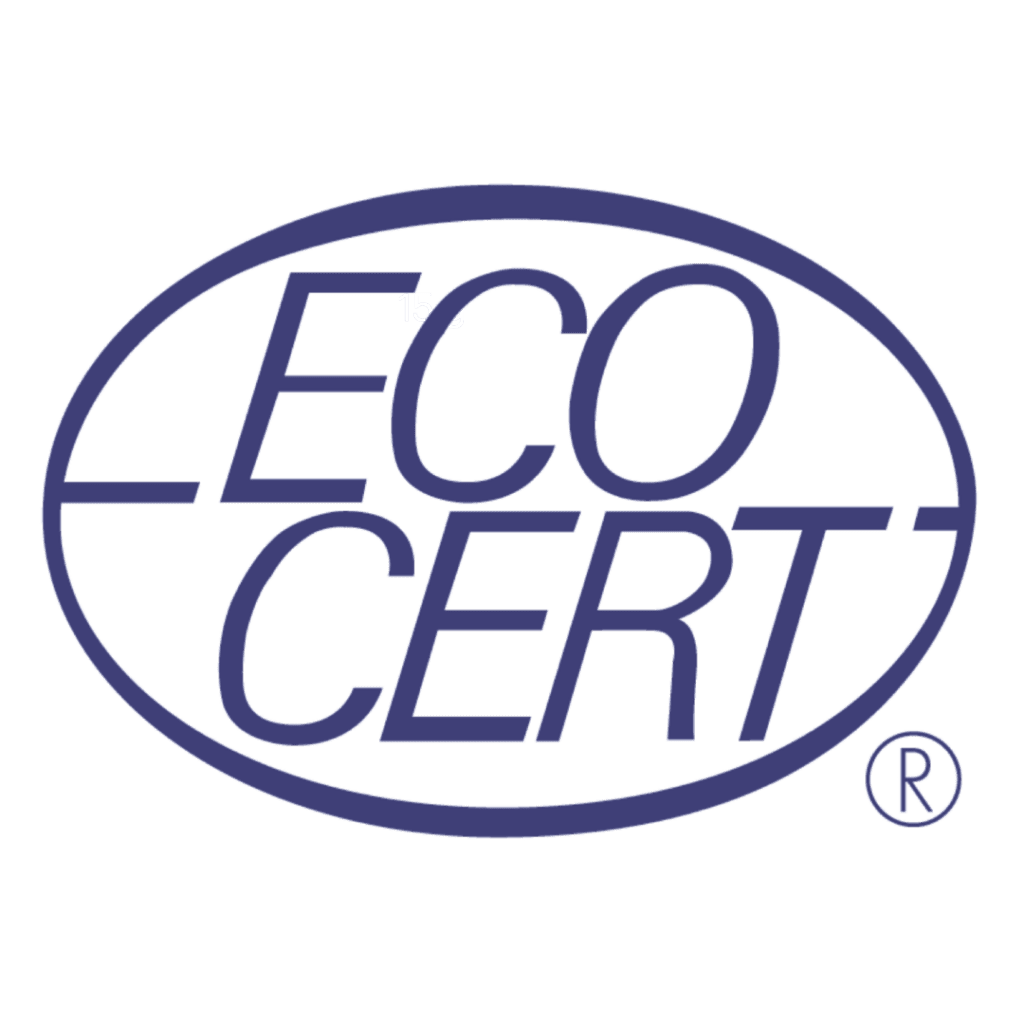

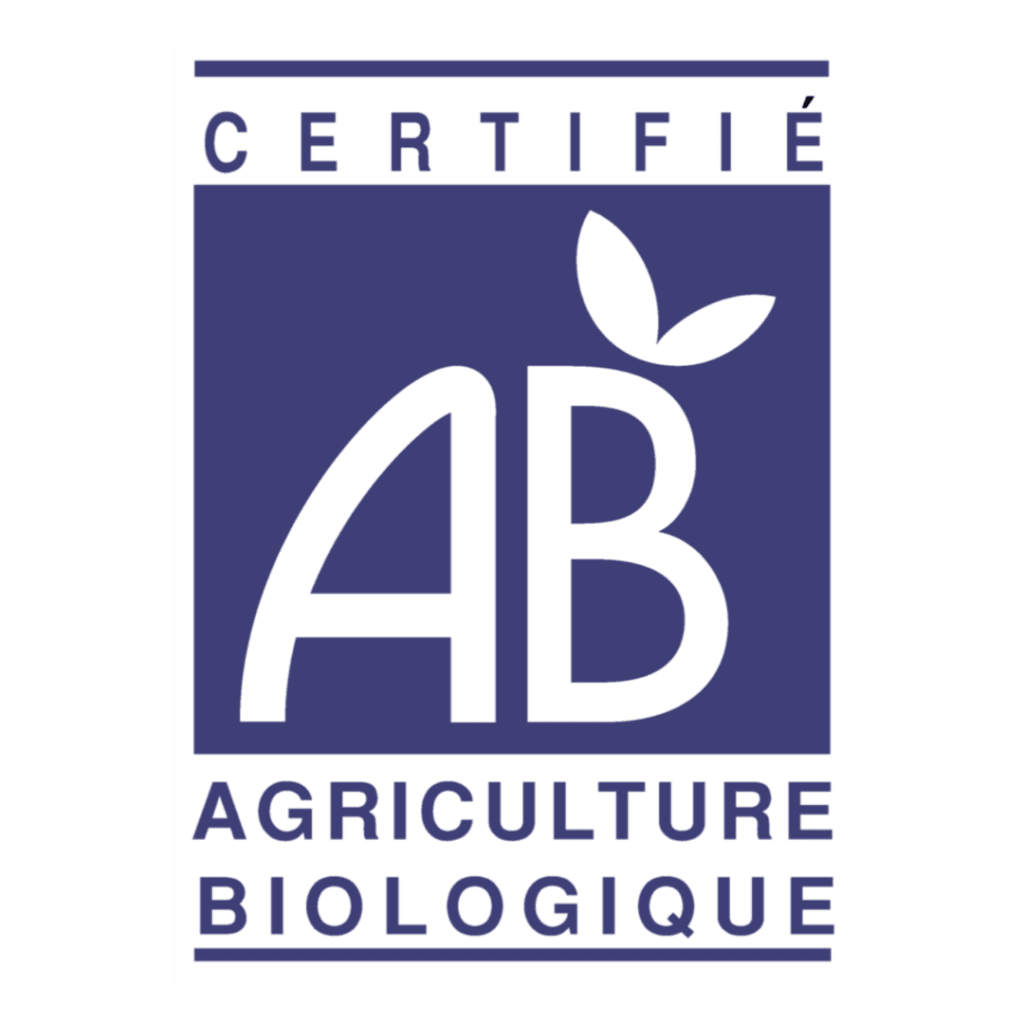
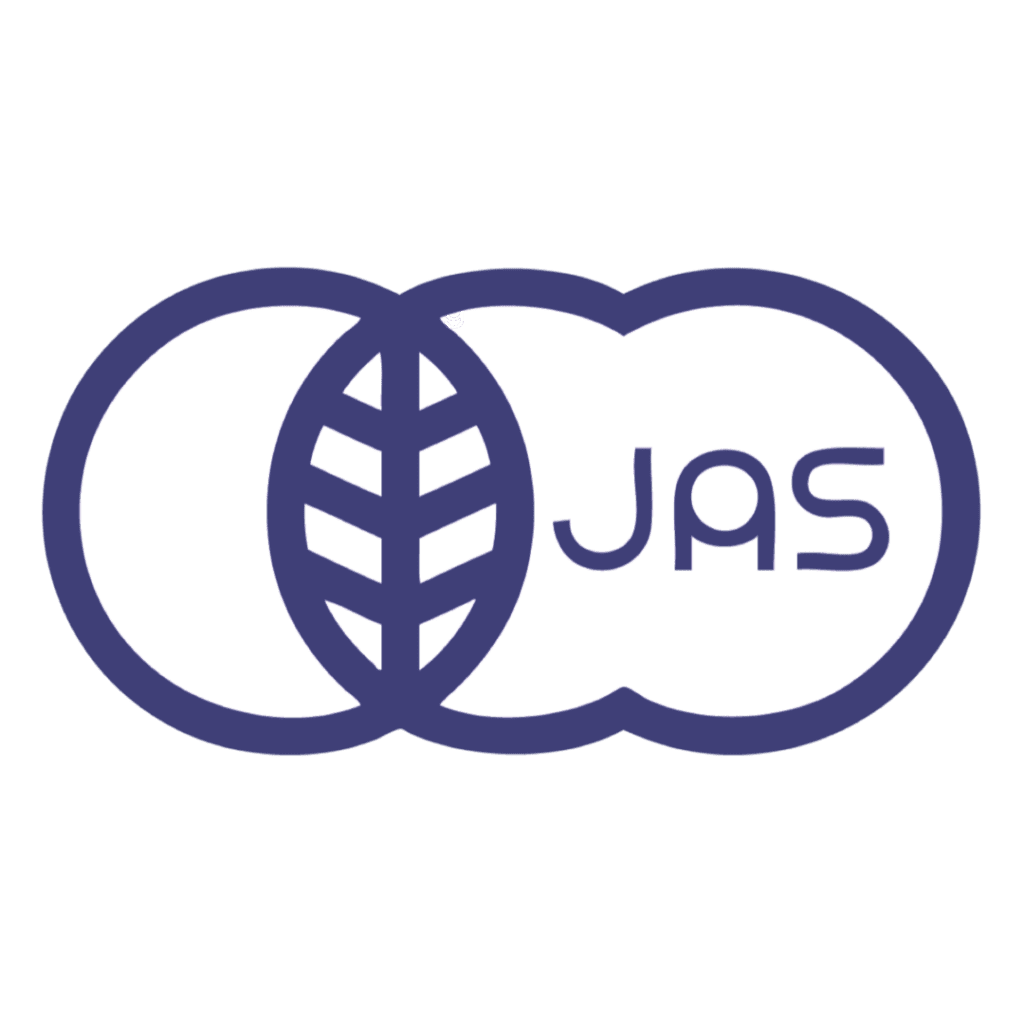
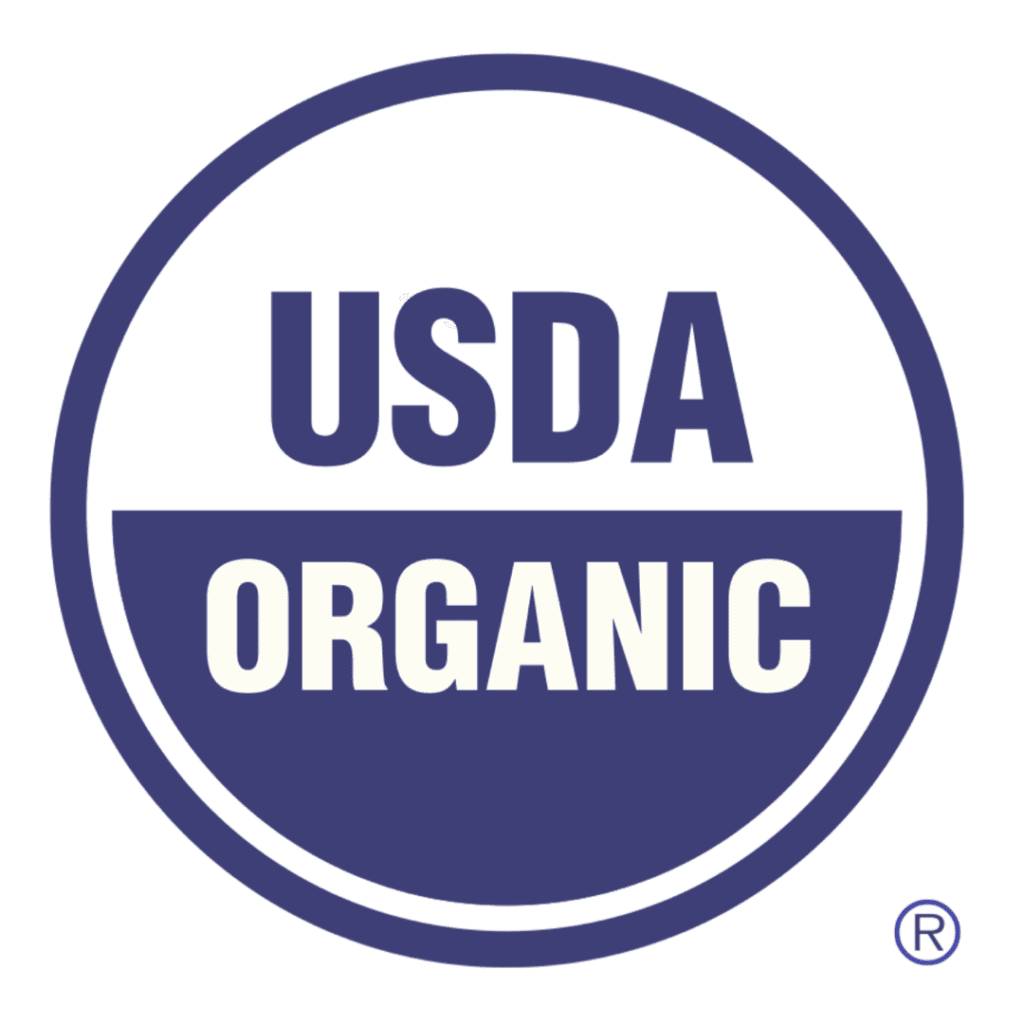
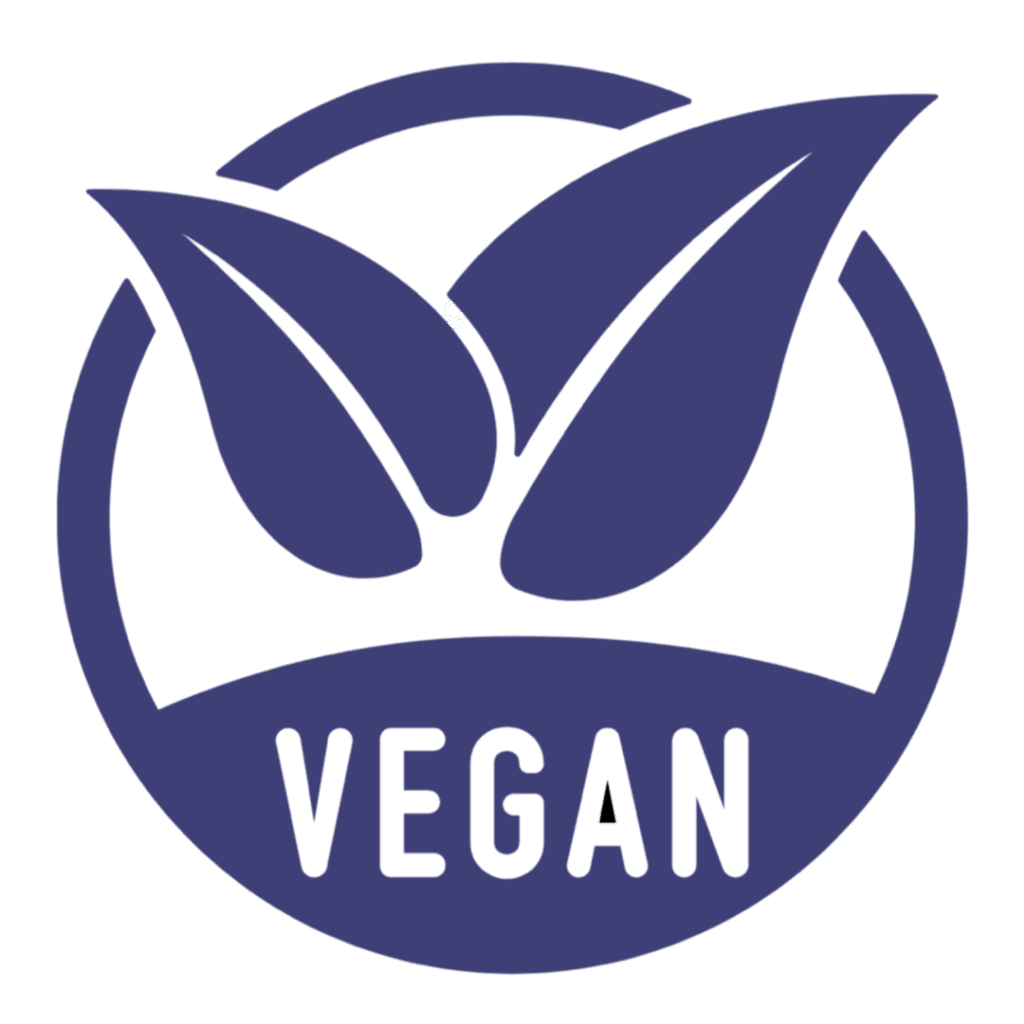



Scientific Name: Cananga odorata
Common Names: Ylang Ylang, Perfume Tree
Origin: Native to tropical Asia, primarily grown in Madagascar, the Philippines, and Indonesia.
Extraction Method: Ylang Ylang essential oil is extracted via steam distillation of the freshly picked flowers. The distillation process can be fractionated to produce different grades, including Extra, I, II, and III, with Ylang Ylang Extra being the most aromatic and prized for perfumery.
Chemical Composition: The primary constituents of Ylang Ylang oil include:
Aroma: Sweet, exotic, and deeply floral with fruity undertones.
Fragrance Category: Middle note.
Blending and Compatibility: Ylang Ylang blends harmoniously with other florals like Jasmine and Rose, as well as citrus oils like Bergamot and Mandarin. It also pairs well with woody oils such as Sandalwood and Vetiver.
Mood Enhancing: Ylang Ylang oil is renowned for its stress-relieving and uplifting properties. It can help reduce anxiety and promote a sense of calm.
Antioxidant: The oil exhibits powerful antioxidant properties, aiding in skin rejuvenation and protection from free radical damage.
Purifying: Its purifying qualities make it an excellent addition to skincare routines for balancing oil production and promoting clear skin.
Aromatherapy: Add 3-5 drops to a diffuser to create a tranquil atmosphere and enhance relaxation.
Skincare: Dilute with a carrier oil and apply to the skin to balance sebum levels and nourish the complexion.
Haircare: Combine with a carrier oil and massage into the scalp to promote healthy hair growth and add shine.
Massage: Blend with carrier oils like coconut or jojoba for a relaxing and aromatic massage.
Bathing: Add a few drops to warm bathwater for a luxurious spa-like experience.
The information provided here is for educational purposes only. While Ylang Ylang essential oil has many potential benefits, it is not intended to diagnose, treat, cure, or prevent any disease. Always consult with a healthcare professional before using essential oils, particularly if you are pregnant, nursing, or have any medical conditions.
Q: Can Ylang Ylang essential oil be used directly on the skin?
A: No, Ylang Ylang oil should always be diluted with a carrier oil before applying to the skin to avoid irritation.
Q: Is Ylang Ylang suitable for sensitive skin?
A: It can be used on sensitive skin when diluted, but a patch test is recommended to check for any adverse reactions.
Q: What makes Ylang Ylang “Extra” different from other grades?
A: Ylang Ylang “Extra” is the first fraction of the distillation process and has the most intense and refined aroma, making it ideal for high-end perfumery and aromatherapy.
Notifications